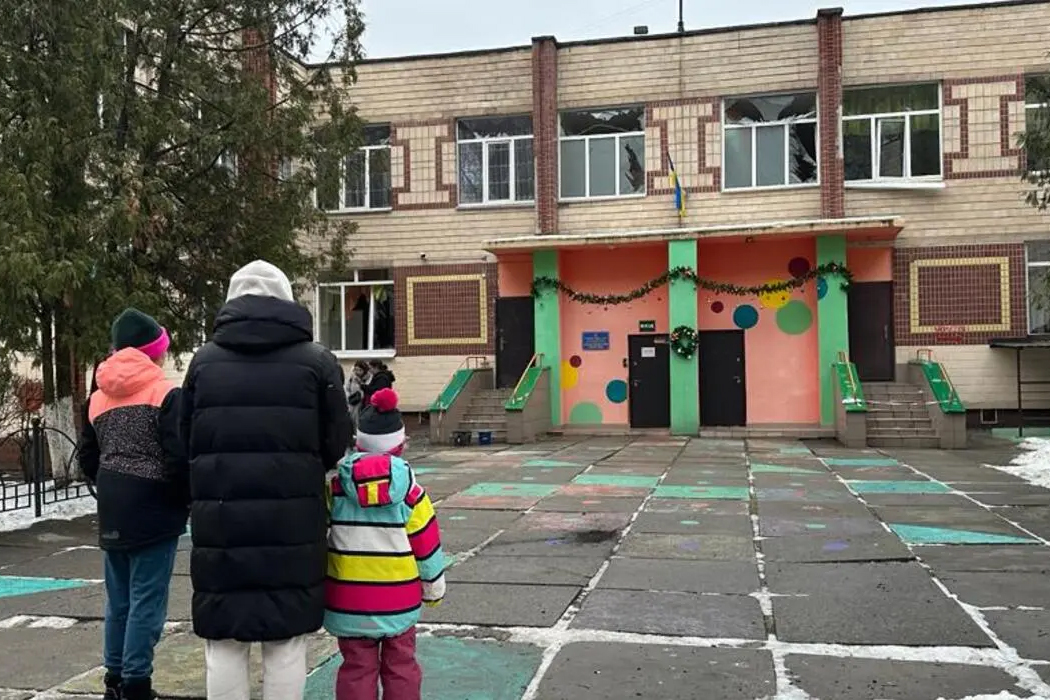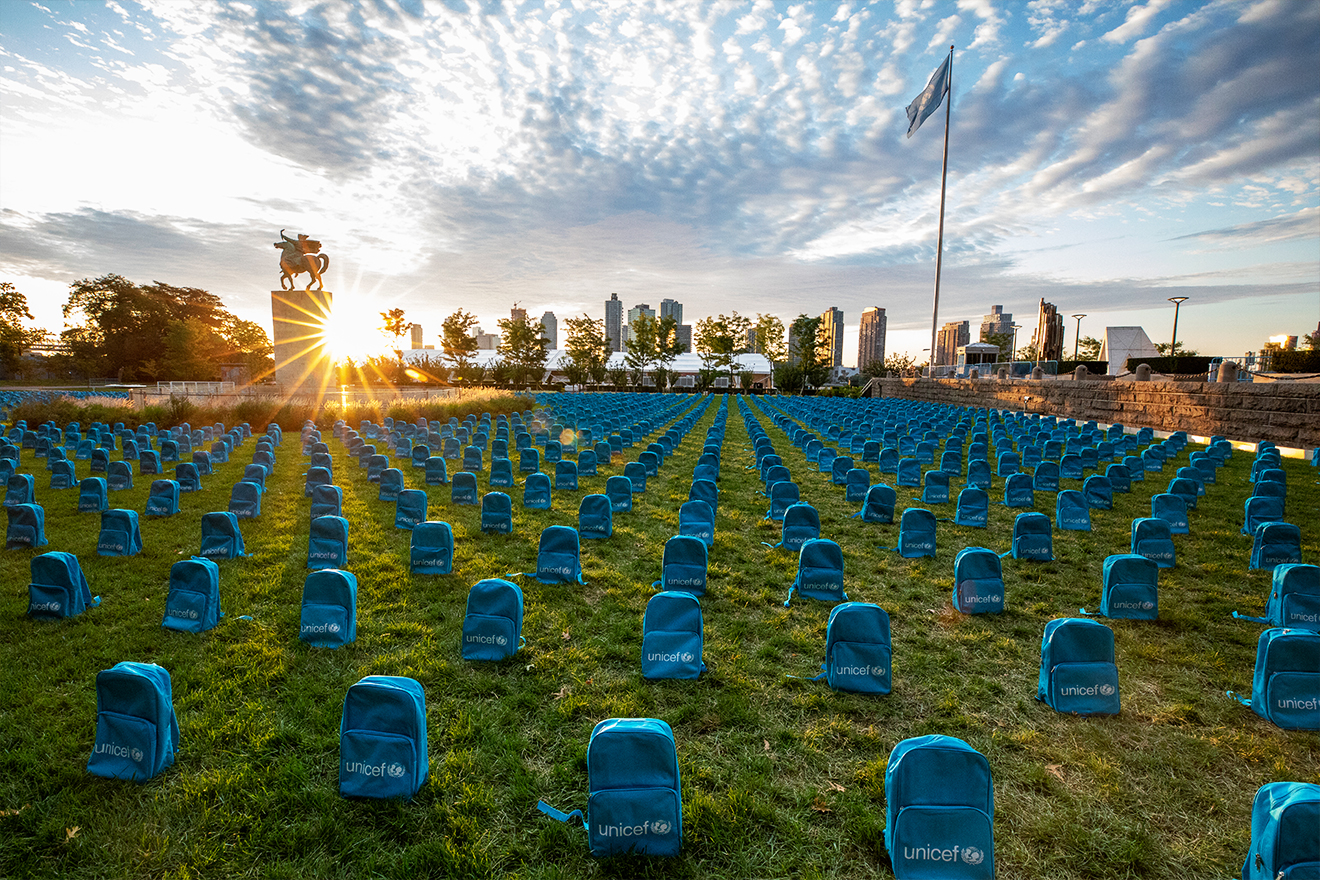The war in Ukraine continues to inflict immeasurable human suffering, death and destruction, putting millions at risk of serious harm and generating grave humanitarian needs. According to the UN humanitarian coordination office (OCHA), in 2023, humanitarian partners reached nearly 11 million people with vital aid and services across Ukraine. In 2024, the response will continue to focus on people with the most severe humanitarian needs across the country, prioritizing those in the front-line communities and neighbouring areas, as well as the most vulnerable displaced people and returnees.
Protection of Civilians
“Now as a father with two girls, I just can't imagine the anguish that my mother went through … I wonder how many sleepless nights she had.”
Alfred Orono’s childhood came to an abrupt end when he was recruited as a soldier in Uganda, when he was just 11 years old. Now Chief of Child Protection at the United Nations Mission in South Sudan (UNMISS), he draws on his own experience as a child soldier to help young people find a peaceful way forward.
“I work with children who, when I look at them, I know exactly what's going on in their minds. I know how they feel. And I'm part of the solution to their problems.”
Every year, thousands of children are recruited by warring parties around the world. Yet their troubles rarely end after the conflict is over. Having suffered violence, abuse, and exploitation, many struggle to rebuild their lives. In this episode of Awake at Night, Alfred Orono reflects on his own experience, the hope it gives to former child soldiers, and on living life without regrets.
“[There are] two iconic images of the 20th century: Diana walking through the minefield in body armour and then with a little girl who lost a leg to a mine. I was proud to...highlight the incredible work that's been done by deminers around the world by hosting that visit.”
In this episode of Awake at night, we meet Paul Heslop, Head of the UN Mine Action Team in Afghanistan. Paul has been clearing mines in conflict zones for nearly 30 years. He shares the remarkable progress deminers have made in removing explosive devices across the globe with Mozambique (his first post back in ‘94) declaring itself mine-free 2 years ago. Paul also recounts his time as a field officer for the Halo Trust when Princess Diana came to visit a minefield in Angola where he was working back in 1997. He recalls that epochal moment and how his quick thinking led to the non-profit gaining huge worldwide exposure through the iconic photographs of the trip.
“As long as they are treated in hospital, you see them communicating. And as soon as they get out of the hospital, they are pointing a gun at each other.”
Aboubacar Kampo is UNICEF’s Director of Health Programmes, but he has also worked as a physician and surgeon in some of the world’s most complex emergency zones, from Afghanistan to the Democratic Republic of Congo. In this episode of Awake at Night, Abou shares with Melissa Fleming his experiences from the ER wards of Chad, where the government is forced to share beds between the rebel forces. He also recounts the harrowing story of Irene, a victim of rape and violence in Liberia. Abou’s life-changing work is proof that, even in areas facing gross atrocities, we can see the good side of human nature.
“The one thing that we learn with complex emergencies is that the condition of the peoples is always the same. In Liberia, they have been fighting a war for more than 10 years... [but] ...if you meet the local population, as poor and as deprived as they may be, they still share a meal with you.”





